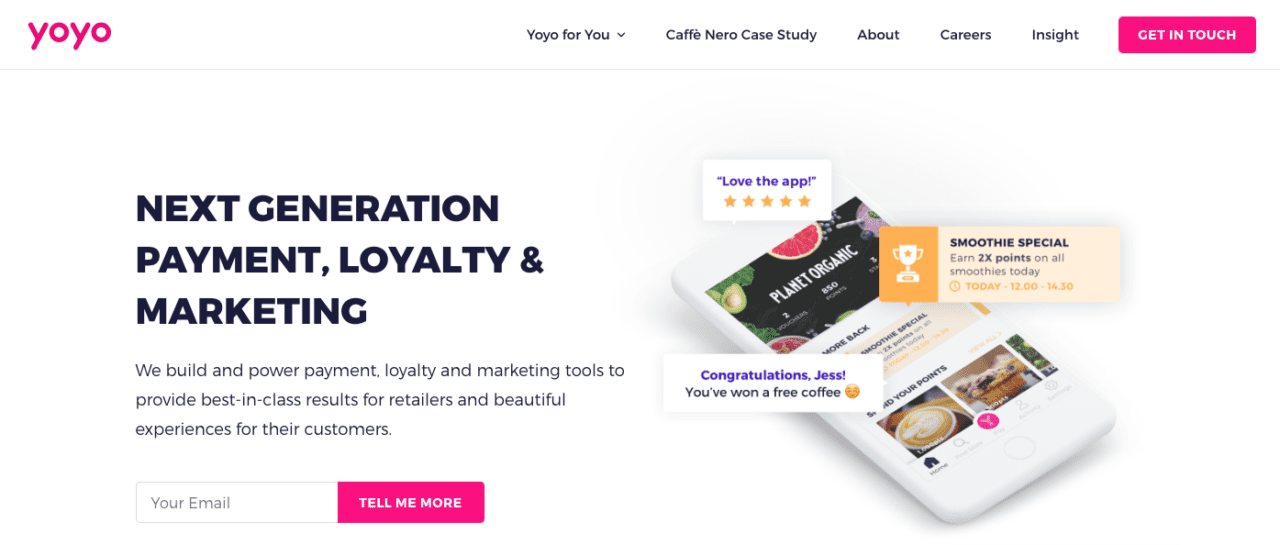
Data insights and visualization startup Quid has been putting AI and machine learning to work since it was founded in 2010. Today, the California-based company landed a generous amount of funding to continue that work.
The $37.5 million round was led by REV Ventures, the investment arm of Lexis Nexis, and bumps Quid’s total funding up to just over $108 million. Also participating in the round are Julian Roberson, Henry Kravis, Lixil Group, Artis Ventures, Salesforce Ventures, and Peter Thiel’s Founders Fund. In addition to the investment, Quid also took out $8 million in debt; its valuation remains undisclosed.
Quid told Bloomberg that the fundraising process for this round began over a year and a half ago. The company’s founder, Bob Goodson, decided to keep the round open to other investors and ended up receiving buy-in from REV Ventures, among others, to buoy the round up to the current amount. In a discussion with Bloomberg, one of REV Ventures’ founding partners, Kevin Brown, commented on the problem Quid is working to solve. “There’s an explosion of unstructured data and no one knows how to handle it,” Brown said.
At FinovateSpring 2016, Quid won Best of Show honors for its demo of Opus, a product that enables users to upload their own data into Quid and receive an interactive, visual map to help interpret raw data from earnings reports, earnings call transcripts, customer feedback, or any other text-based dataset. The company also offers solutions for consulting, healthcare, and marketing sectors, that provide insights on competitive intelligence, brand perception, and market landscape. Among its clients are Cisco, IBM, KPMG, UBS, and Visa.
While powerful, Quid’s software isn’t cheap. The company, which brought in $28 million in sales over the past year, charges $25,000 per user per year. Among Quid’s accomplishments in the past year are assisting the Wall Street Journal in spoting fraudulent entries on FCC’s website during net neutrality debate and helping Walmart build the American Family Today report.









